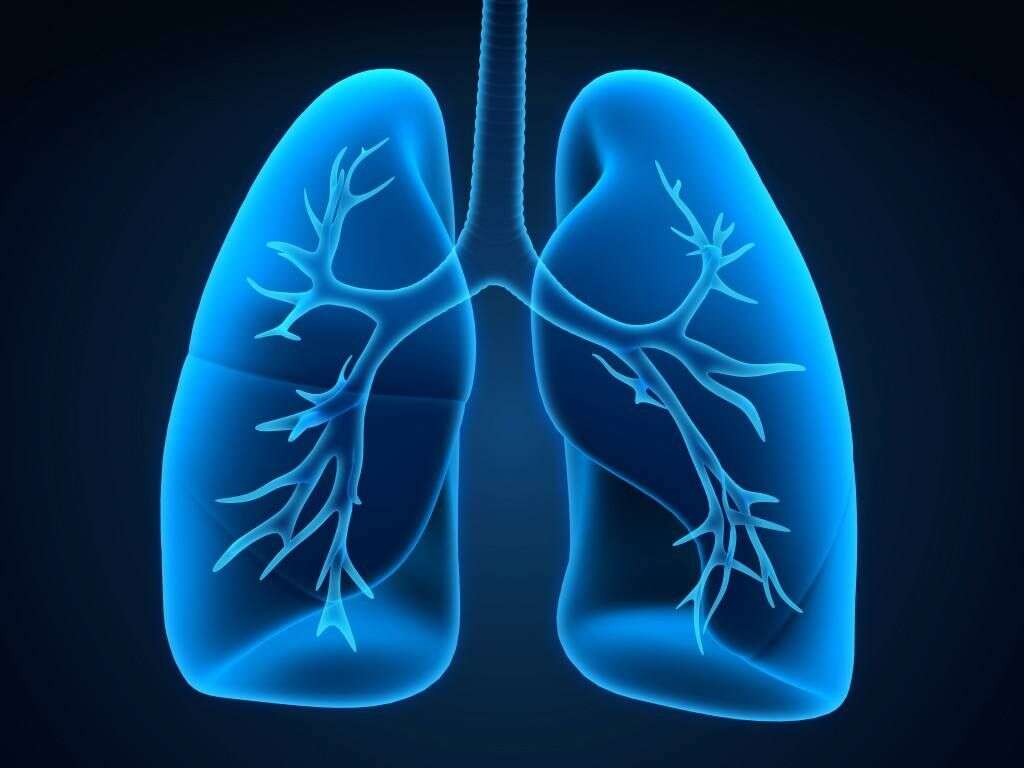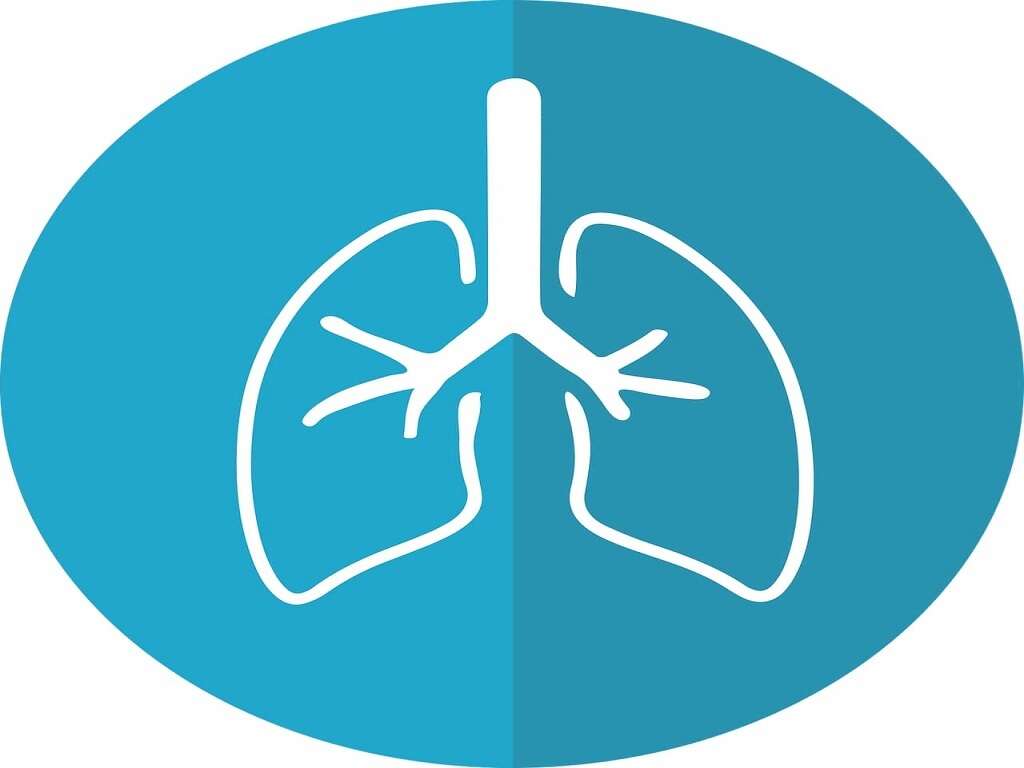10 Common Cold Symptoms
 Article Sources
Article Sources
- 1. 'Cold Versus Flu.' Centers for Disease Control and Prevention, Centers for Disease Control and Prevention, 31 Aug. 2020, www.cdc.gov/flu/symptoms/coldflu.htm
- 2. 'Common Colds: Protect Yourself and Others.' Centers for Disease Control and Prevention, Centers for Disease Control and Prevention, 7 Oct. 2020, www.cdc.gov/features/rhinoviruses/index.html
- 3. 'Common Colds: Overview.' InformedHealth.org /[Internet/]., U.S. National Library of Medicine, 8 Oct. 2020, www.ncbi.nlm.nih.gov/books/NBK279543/
- 4. 'Why Do Muscles, Joints Ache during the Flu?' News, news.llu.edu/health-wellness/why-do-muscles-joints-ache-during-flu
- 5. 'Chest Cold (Acute Bronchitis).' Centers for Disease Control and Prevention, Centers for Disease Control and Prevention, 14 Apr. 2021, www.cdc.gov/antibiotic-use/bronchitis.html
Headache
Sometimes people experience a headache with other common cold symptoms, although headaches are more common in cases of flu. Headaches can occur in any area of the head, and the pain can last between nine and 10 days.3‘Common Colds: Overview.’ InformedHealth.org /[Internet/]., U.S. National Library of Medicine, 8 Oct. 2020, www.ncbi.nlm.nih.gov/books/NBK279543/
To reduce headache pain, use NSAIDs, such as acetaminophen or ibuprofen. Additionally, some over-the-counter cold medicines include acetaminophen to relieve discomfort. Drink plenty of fluids. Dehydration can worsen cold symptoms, including headaches. Avoid bright lights and loud noises if they cause the pain to increase.
Advertisement











